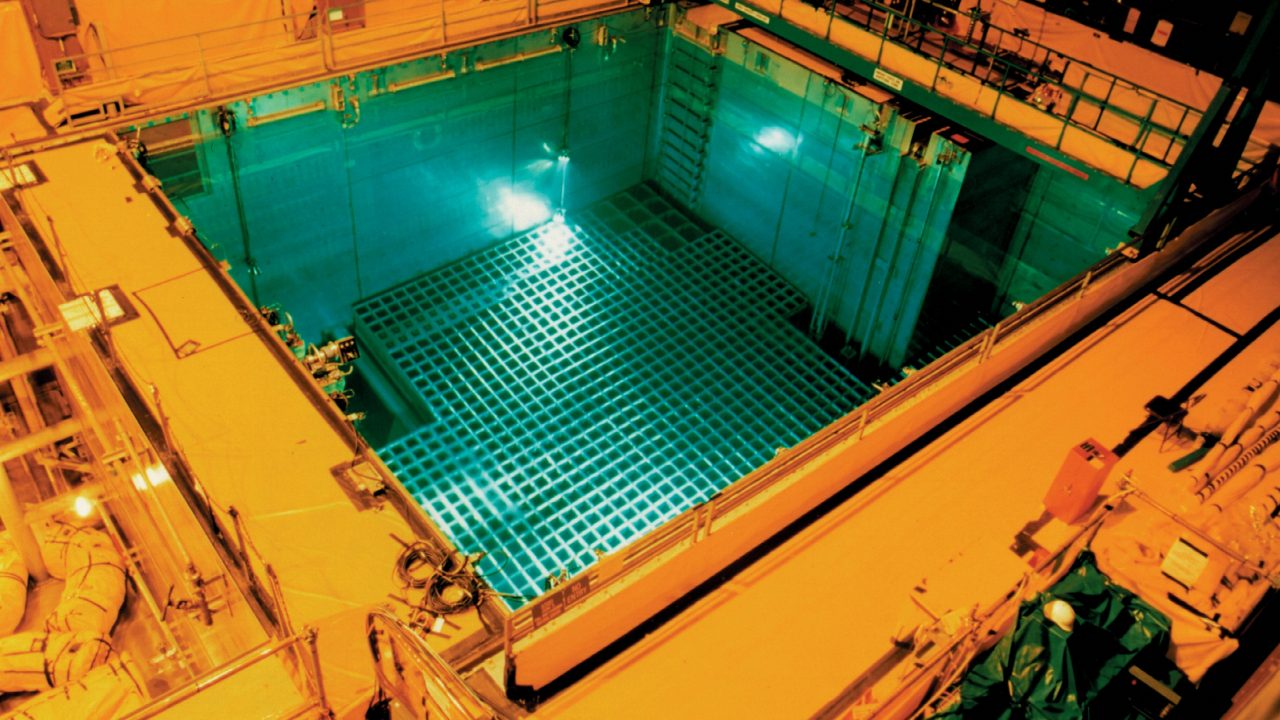Nuclear Proliferation
The term nuclear proliferation refers to the acquisition of nuclear weapons by nations or terrorist organizations. The issue of nuclear proliferation was brought to the world's attention when both India and Pakistan exploded several nuclear devices in May of 1998. Although India had tested one "peaceful" nuclear device, these tests caught the world off guard.
Until the tests by India and Pakistan, the Non-Proliferation Treaty (NPT) had been remarkably successful in deterring the spread of nuclear weapons. However, if proliferation is to be avoided in the future, the super powers and other nations must be truly dedicated to the non-proliferation of nuclear weapons. Several different issues must be addressed to contain their spread.
One of the technical aspects of the proliferation problem is the fact that both power reactors and research reactors produce plutonium, a material necessary for a nuclear weapon, as a by-product of their operation. In addition, some reactors also use enriched uranium or plutonium, fuels that could be diverted to weapons production.

A 1-gigawatt uranium-fueled commercial light-water reactor produces about 485 pounds of plutonium a year. That amount of plutonium could produce 40-50 fission bombs. There are about 410 commercial reactors worldwide. But to use this plutonium to build a weapon, the fuel rods must be reprocessed. These reprocessing facilities are not easily hidden due to their complex nature.
Thus, the monitoring and control of nuclear reactors and related facilities that are used by or sold to non-nuclear states is a key component for the success of the NPT. India's first nuclear device was constructed from diverted materials from a high-power research reactor. Development towards an Iraqi bomb was also based on diverting nuclear materials from their research reactors. The Gulf War and later inspections have greatly hampered Iraq's further research toward a nuclear weapon.
Countries that have signed the Non-Proliferation Treaty agreed to have the International Atomic Energy Agency monitor their nuclear power plants and related facilities. These inspections are designed to prevent spent fuel rods and other technologies from being diverted for nuclear weapons production.
The control of nuclear materials is also critical to prevent the further spread of nuclear weapons. The breakup of the Soviet Union has raised fears that fuel from nuclear reactors and possibly nuclear weapons may be sold to countries wanting nuclear weapons. Several attempts to smuggle nuclear material out of Russia have been intercepted by authorities. The U.S. and Russia have taken steps to increase security in Russia's nuclear facilities. The two countries have also begun to remove weapons-grade plutonium to prevent its use in future nuclear weapons.
There has been some progress toward stopping nuclear weapons proliferation. In 1993, it was revealed that South Africa had developed several atomic bombs, but later destroyed them. Argentina and Brazil both had nuclear programs, but have since halted efforts toward the construction of nuclear weapons.